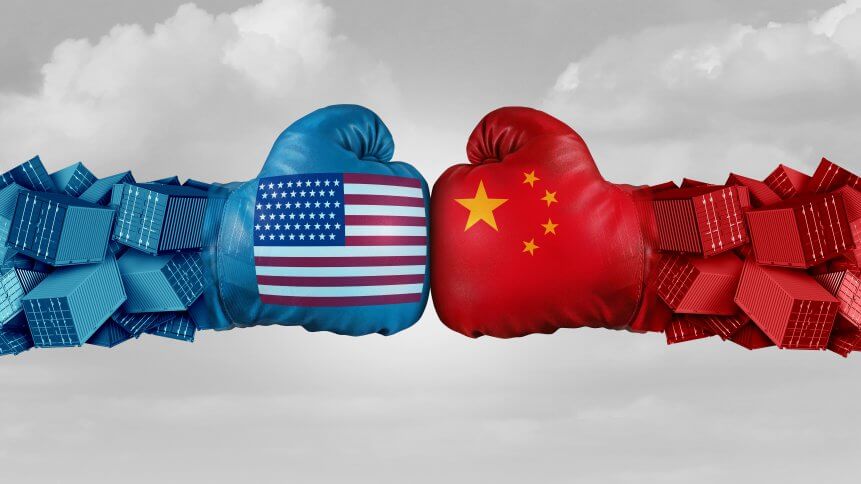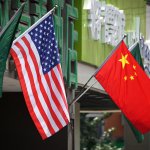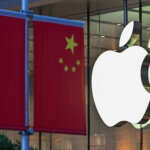US desires multilateral chip fab equipment ban to China

- With regulations released Oct 7, the US Commerce Department wants to coordinate the export of advanced semiconductors and equipment to China.
- The US is aware that its rules will lose effectiveness over time if allies do not join in.
The US imposed its heaviest yet export controls on advanced electronics to China about a month ago. Now it’s the turn of its allies – or so the Biden administration would have it.
Three American companies – Applied Materials Inc., Lam Research Corp., and KLA Corp. – are among the largest providers of the equipment used in the world’s semiconductor fabrication plants. But there’s also Japan’s Tokyo Electron Ltd. and the Netherlands’ ASML Holding NV., among others outside the US. As Bloomberg puts it, all of them are subject to complicated regulations that limit what they can sell to Chinese customers, but the non-American firms have more latitude in doing business with China than their US peers.
YOU MIGHT LIKE

Why China opposes the US’ FABS and CHIPS act?
US, its allies vs China?
A month after rules were announced, Commerce Dept. officials have realized their embargoes may lose effectiveness over time if allies do not join them. Officials have said they are working to co-ordinate export controls with their allies to restrict the flow of foreign chip machinery to China by demanding that any non-US tools that use even the smallest amount of American technology should not be sold to China without Washington’s approval.
The measures, if adopted, could affect both ASML and Tokyo Electron. “We expect to have a deal done in the near term,” Undersecretary of Commerce for Industry and Security, Alan Estevez, told an audience at an event hosted by the Washington-based Center for a New American Security on Thursday.
He said making the controls multilateral is “a work in progress”. Should the multilateral export control on China take shape, it will essentially expand Washington’s efforts to control non-US semiconductor industry players from expanding into China and thus, at the same time, keep the necessary technologies away from the Chinese military.
Considered by many as one of the most consequential US policy decisions in decades, the latest round of US semiconductor export restrictions announced last month on China is highly punitive. Writing for ForeignPolicy.com, Jon Bateman states, “China’s own semiconductor sector is incapable of producing the leading-edge chips used in AI applications,” adding that Washington aims to keep things that way. “Its controls will block Chinese purchases of even years-old chip-making equipment and prevent American personnel from providing support or know-how.”









